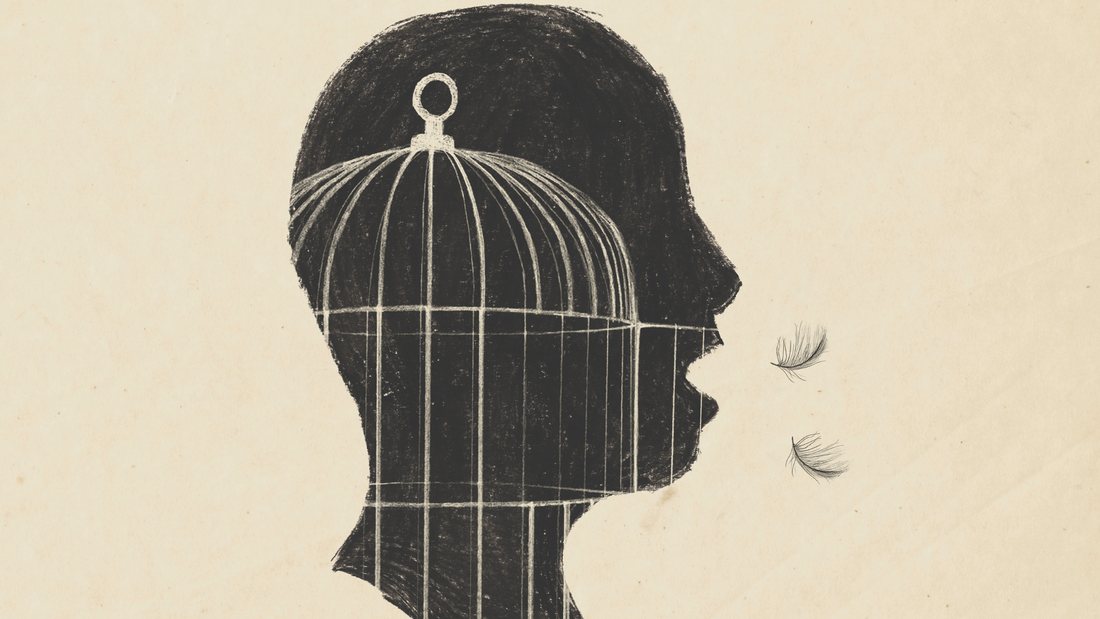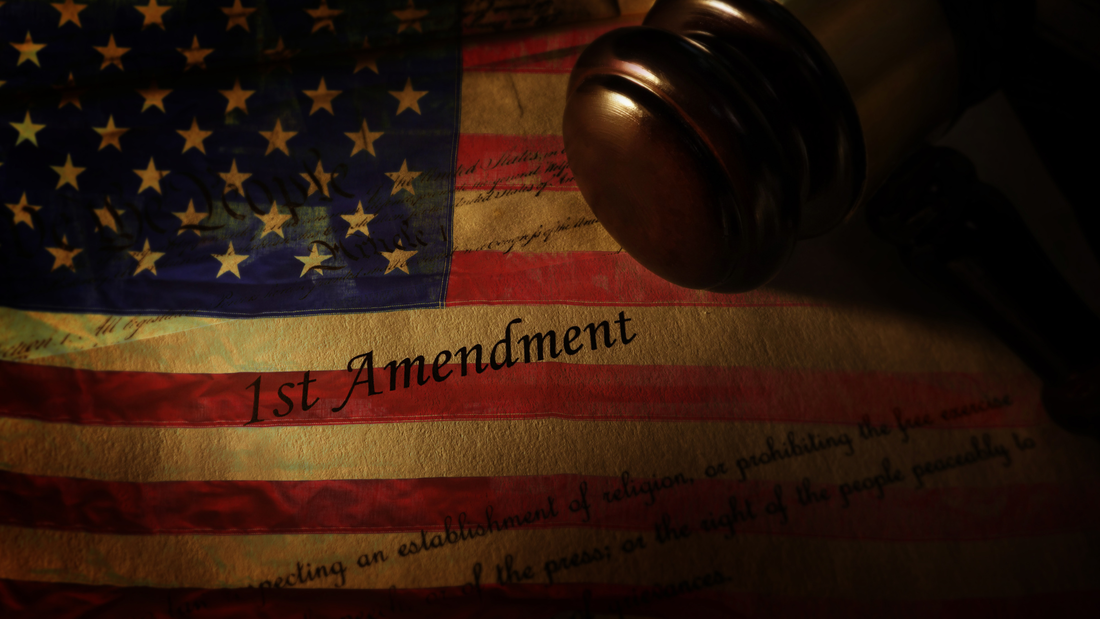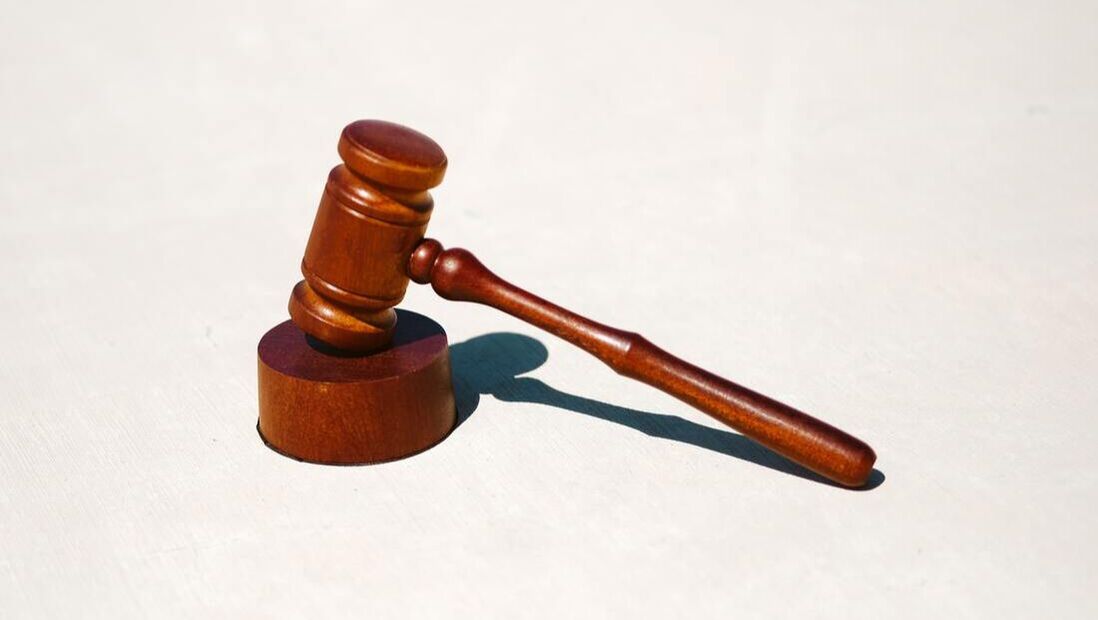|
Mashaud v. Boone, Court Opinion Cites Eugene Volokh, Protect The 1st In October, famed legal scholar and law professor Eugene Volokh demonstrated to an en banc hearing of the highest court in the District of Columbia that a Washington, D.C., anti-stalking statute that outlaws communications that inflict “significant mental suffering or distress” is overbroad, and thus violates the First Amendment.
Today, the D.C. Court of Appeals issued an opinion in Mashaud v. Boone in agreement with Volokh, who represented Protect The 1st as an amicus in this case. The court also agreed with Volokh’s contention that the court should narrow the law to speech that fits within First Amendment exceptions long recognized by courts – threats, obscenity, defamation, fraud, incitement, and speech integral to criminal conduct. The law in this case, D.C.’s anti-stalking statute, “prohibits any speech that one should know would cause another to feel ‘seriously alarmed, disturbed, or frightened” or suffer “emotional distress.” The court vacated a lower court ruling that held an aggrieved husband liable for emails and social media posts that embarrassed a man who had conducted an extramarital affair with his wife. The court based its reasoning in part on demonstrations by Volokh, Protect The 1st, and other amici who “argue the statute is constitutionally overbroad and would need to be struck down if it is not susceptible to a narrowing construction.” The court found that emotionally distressing speech as a category could subsume much speech that is necessary: “Doctors deliver life-shattering prognoses that surely send reasonable people to suffer emotional tailspins of distress. Spouses knowingly inflict emotional distress by revealing longstanding paramours and demanding divorce. Police officers deliver news of loved ones having been killed. Judges pronounce death sentences. Employers tell staff that they are fired. They all know, or should know, the extraordinary distress their messages bring, and so fall within the statute’s prohibitions. Distressing speech is an important and often valuable part of life.” The court turned to political communication at the highest rung of First Amendment-protected speech. Activists, from advocates of animal rights to the pro-life position on abortion, often hurl insulting words or graphic images. “Both speak on issues of public concern and are therefore entitled to the strongest First Amendment protections” despite the emotional distress such statements and images may inflict. Thus, the court reasoned, “a statute that prohibits speech indiscriminately based solely on its propensity for causing such distress is a constitutional nonstarter.” Perhaps the court’s take on speech can be reduced to a quote from a 1973 U.S. Supreme Court decision, “the First Amendment needs breathing space.” As Volokh has pointed out, the court did not strike down the D.C. law, but narrowed it to those discrete categories of speech that fall outside the scope of the First Amendment’s protection. “We are overjoyed at this opinion from the Court of Appeals,” said Gene Schaerr, general counsel of PT1st. “We are proud to have been ably represented by Eugene Volokh and to have help vindicate the First Amendment’s protection against any laws that encroach on the freedom of speech.” When the founders drafted the First Amendment forbidding the abridgement of freedom of speech, “pamphlet wars” were common, with opposing sides handing out flyers and inviting passersby to listen to their opinions. Even in this age of tweets, most Americans recognize parks, sidewalks, and other public spaces as venues where people are allowed to hand out flyers and politely ask passersby to hear them out.
The federal courts, however, are split on the question of whether this form of expression, as old as colonial America, must be respected today under the First Amendment. Concerned about this encroachment on speech, Protect The 1st petitioned the U.S. Supreme Court to hear a case from a street preacher who was silenced by university officials and police. This happened when evangelist Rodney Keister stood on city-owned sidewalks on a public street in Tuscaloosa, Alabama, near the University of Alabama. By agreement with the city, the UA campus police oversee a portion of the public sidewalk at an intersection near – but not on – the campus. The campus police more than once warned Keister that he could not preach on this public sidewalk. Fearing arrest, the preacher left but filed a lawsuit that was eventually heard by the Eleventh Circuit Court of Appeals. The question as to whether a city-owned public sidewalk is a traditional public forum should be a slam-dunk in favor of free speech. But federal courts are split on the issue. The Ninth, Tenth, and D.C. Circuits stick with the First Amendment analysis in these public forum cases, allowing speech. But other circuits hold that streets open to the public but adjacent to college and university buildings are limited public forums. Speech there can be restricted. In one public forum case, the D.C. Circuit ruled against the government, which attempted to prohibit a demonstrator from holding a sign or distributing leaflets on the grounds of the U.S. Capitol building. While these grounds are obviously under the control of federal authorities, they are parklike and open to the public. Making this distinction, the D.C. court rejected any claim that the grounds were a “special type of enclave” that had to be protected from free expression. That court held that “because of their historical association with the exercise of free speech,” streets, parks and sidewalks are quintessential examples of public forums. The Eleventh Circuit, on the other hand, held that even though the sidewalk in Tuscaloosa was open to the public and owned by the city, the maintenance of that sidewalk by the university necessarily involves the university’s intent toward expressive activity. Protect The 1st asks the Supreme Court to consider if courts can “apply an amorphous and manipulable balancing test that relies on the government’s or its delegee’s intent to restrict speech as a justification for doing so.” We also informed the Court that by “denying ‘public forum’ status to a place that has traditionally been a public forum – sidewalks tied to public streets – the decision below threatens the First Amendment not merely in Tuscaloosa, but throughout the Nation.” In our petition, Protect The 1st tells the Supreme Court that the “use of multifactor balancing tests makes the outcomes in any given case unpredictable and unprincipled. There is a better way. Relying on the text of the First Amendment, read in light of history and tradition, providers a surer approach.” Protect The 1st believes this case not only raises important constitutional questions on which the courts of appeal are divided, but also presents an excellent vehicle for the Supreme Court to resolve them. The Protect the First Foundation filed a motion today asking the District of Columbia Court of Appeals to hear oral argument from famed legal scholar Eugene Volokh in favor of an aggrieved husband who took to social media to spread an accusation of adultery against his spouse and her superior at work.
District of Columbia law defines the jurisdiction’s stalking statute to make it a crime to “directly or indirectly … in person or by any means, on two or more occasions” to communicate “about another individual” where the speaker “should have known” that such communications would cause “significant mental suffering or distress.” A lower court ruling from Mashaud v. Boone, if extended, would criminalize the speech of virtually every news outlet, social media post and gossip-prone human being inside the boundaries of the District of Columbia. Opposing counsel has consented to PT1st Foundation’s motion, with the stipulation that time be allotted to respond to Volokh’s argument. If the motion is granted, Protect The 1st looks forward to reporting what this clash will reveal about the First Amendment implications of D.C.’s stalking statute. |
Archives
June 2024
Categories
All
|
ABOUT |
ISSUES |
TAKE ACTION |





 RSS Feed
RSS Feed